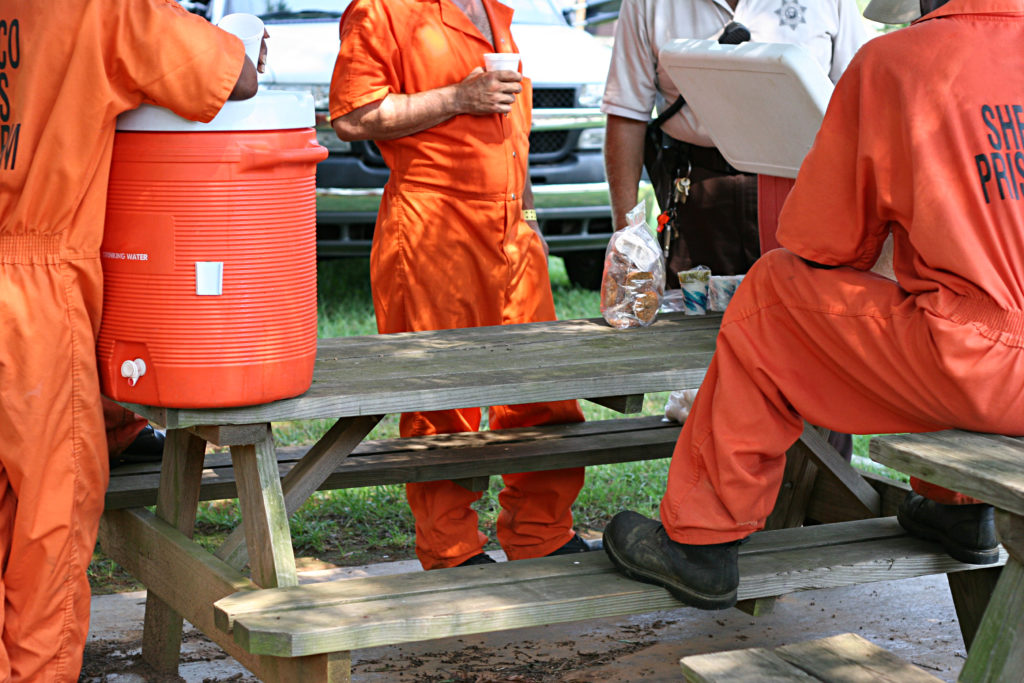Can a Lawyer Defend Someone They Know is Guilty?

Many people that are charged with a crime worry that, if they admit guilt or involvement to their lawyer, their lawyer will abandon them or not try to get an acquittal. Even if the defendant remains silent, they are worried that their lawyers will believe they are guilty. It is important to understand what is at stake and whether the prosecution can prove, beyond a reasonable doubt, that you committed the crime that you were charged with. Private criminal defense attorneys and public defenders are devoted to ensuring that they get the best possible outcome for their clients. There are key details in cases that as a defendant, you understand and know your rights in the Constitution.
Factual Guilt Vs. Legal Guilt
There is a key difference between factual guilt and legal guilt. Factual guilt is what the defendant actually did and legal guilt is what a prosecutor can prove against the defendant. No matter what crime the defendant did, he is not legally guilty until the prosecutor proves enough evidence to persuade a judge to convict the defendant. However, the defendant must be on the same page with their lawyer about the details. The lawyer may not lie to the judge by specifically stating details about the defendant and how they did not do something, although the lawyer knows the defendant did. The lawyer cannot admit guilt if the defendant wishes not to. A good lawyer’s trial tactics should focus on the government’s failure to prove all of the elements of the crime.
Lawyers Must Provide Zealous Representation
Defense lawyers are ethically bound to zealously represent all clients, including those they believe will justly be found guilty, as well as those they believe are factually innocent. A strenuous defense is necessary to protect the innocent and to ensure that judges and citizens have the ultimate power to decide who is guilty of a crime. The U.S. Constitution ensures every citizen due process and the right to legal counsel. According to Canon 7 in the ABA’s Model Code of Responsibility, a defense lawyer’s duty to his client is to “represent his client zealously within the bounds of the law” because the goal in his profession is to assist members of the public with their cases. Although popular culture may detest the work that criminal lawyers do, the function of a lawyer is crucial in order to maintain justice and ensure fair outcomes for anyone that is facing legal charges. Truthfully, a defense lawyer almost never really knows whether the defendant is guilty or not of the charged crime. Even if he says he is guilty, he actually may not be and may be lying to take the fall for someone he wants to protect. The defendant may have performed the act that they were charged with, but the client may have a strong defense that would exonerate him. Due to these reasons, it is likely that the defense lawyer does not ask their client whether or not they actually committed the crime. Rather, a good lawyer uses facts to put on the best defense possible and leaves the question of guilt to the judge.
Criminal defense lawyers are doing their duty to defend a citizen whose rights are protected by the U.S. Constitution and cannot be easily taken away. If you or a loved one has been charged with a crime, it is important that you reach out to a criminal defense lawyer to help you vigorously fight your case. As the defendant, you should listen to your lawyer about the rights you have according to the U.S. Constitution, and understand the difference between factual guilt and legal guilt. At The Defenders, our qualified attorneys have dealt with hundreds of cases and have the experience of representing defendants in court. Our lawyers know how to aggressively fight for your rights and know the United States legal system better than anyone else.
 becomes the plaintiff, and you become the defendant. “The state” is represented by a prosecutor, who will attempt to obtain a verdict for the highest charges available under state law. The state in a criminal case may be a local jurisdiction, such as a city or town, but is referred to as “the state” as a division of the government.
becomes the plaintiff, and you become the defendant. “The state” is represented by a prosecutor, who will attempt to obtain a verdict for the highest charges available under state law. The state in a criminal case may be a local jurisdiction, such as a city or town, but is referred to as “the state” as a division of the government. prostitution is legal in certain rural counties of Nevada and in very specific circumstances, it is illegal outside of very well-defined parameters throughout the state. If arrested for either soliciting a prostitute or soliciting clients for prostitution you face criminal charges which will remain on your criminal record which is searchable by employers and others in background checks until sealed. There are time periods which must elapse after the conclusion of a case before a record sealing can take place.
prostitution is legal in certain rural counties of Nevada and in very specific circumstances, it is illegal outside of very well-defined parameters throughout the state. If arrested for either soliciting a prostitute or soliciting clients for prostitution you face criminal charges which will remain on your criminal record which is searchable by employers and others in background checks until sealed. There are time periods which must elapse after the conclusion of a case before a record sealing can take place. offense Battery which constitutes
offense Battery which constitutes  Assisting someone who has committed a
Assisting someone who has committed a 


